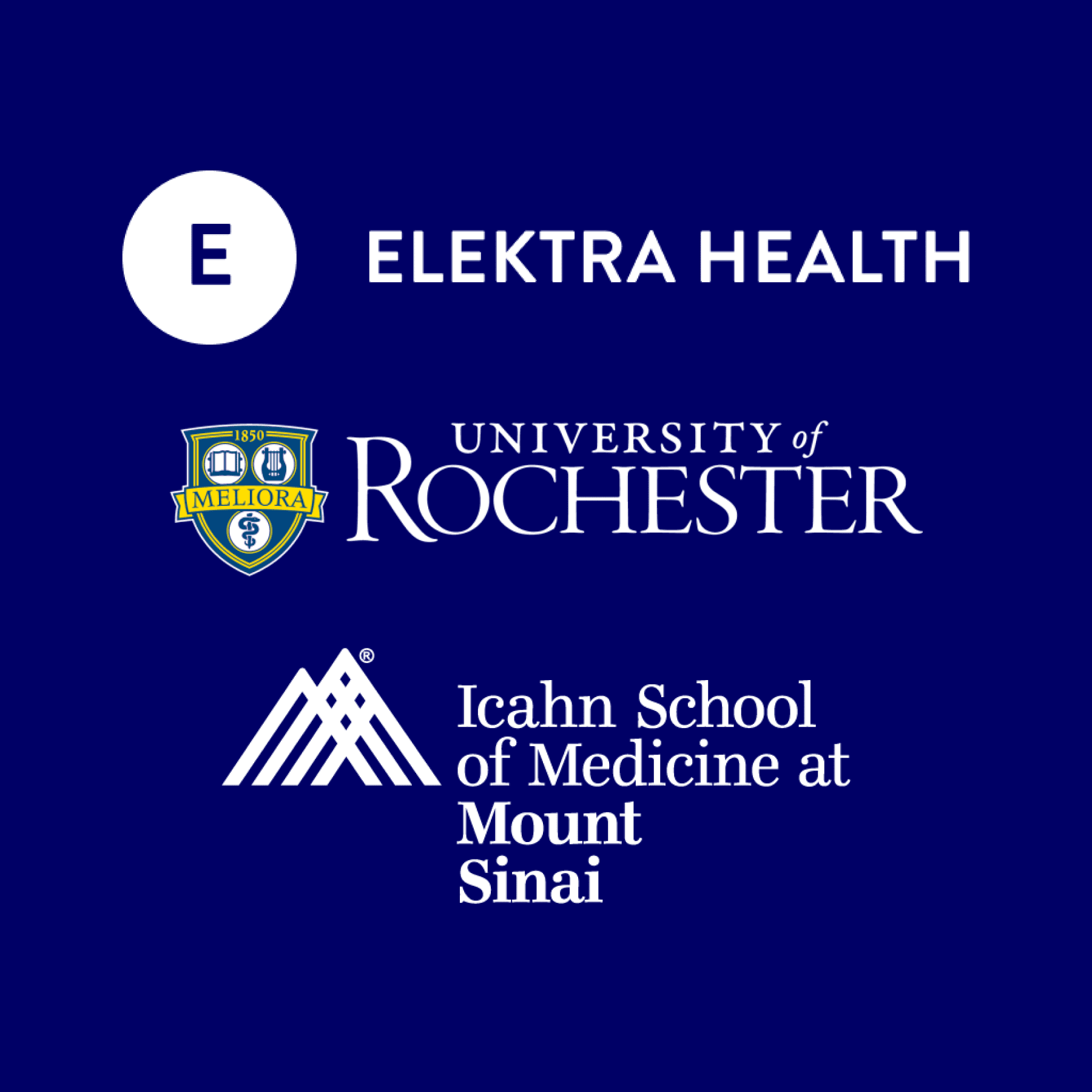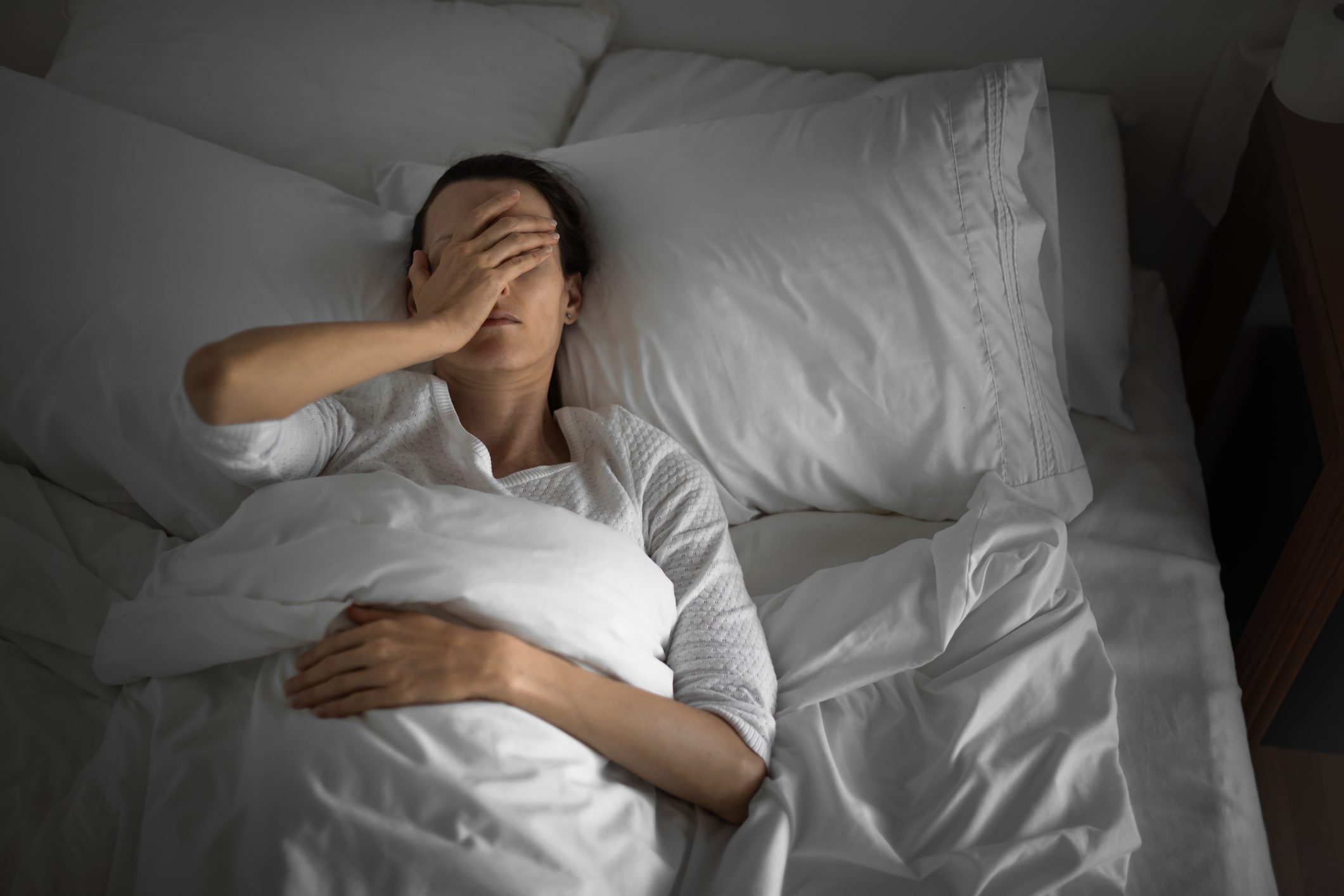
Published on Oct 02, 2023
Last modified on Oct 02, 2023
Elektra Partners With University of Rochester To Evaluate How Menopause Education, Care & Community Impact Women
5 min read

The menopause experience is influenced by numerous factors: physiological symptoms, cultural perceptions, available resources, knowledge…you name it.
Access to evidence-based, menopause-focused educational resources and personalized support outside of a clinical setting is even MORE limited — that’s where digital tools come in.
Prior research has demonstrated that exposure to a digital, menopause-focused intervention helps increase health-directed behaviors and decreased menopause-related symptom severity. Building on this, the University of Rochester and Elektra Health conducted a study to evaluate the impact of our novel digital education, care, and community platform. The goal? Better understand how exposure to these resources impacts reported menopause-associated symptom severity and preparedness.
How we designed the study
Participants
This single-center prospective cohort study included a sample of 49 women between the ages of 40-65 (54.6 +/- 7.3) with reported internet access via computer or smartphone. Pregnant participants were included. Age, race, use of hormone therapy (HT), and diagnosis of anxiety and/or depression were obtained from the participant’s medical records (with baseline demographic and medical history abstracted).
- 26 (53%) participants identified as postmenopausal
- 7 (14%) are receiving HT
- The majority of participants (47/96%) identify as Caucasian
- 15 (31%) participants use vaginal estrogen cream while 10 (20%) use other non-hormonal options such as gabapentin or amitriptyline

Method of evaluation
Participants completed a clinically-validated Menopause Rating Scale (MRS) questionnaire both before and after exposure to Elektra to assess symptoms, anxiety (GAD2), and depression (PHQ2). They also completed a non-validated menopause preparedness questionnaire to assess mindset, work, and productivity (“menopause mindset”).
Timeline & resources
Enrollment began on May 22, 2023 and was completed by June 27, 223. Once enrolled, participants had 60 days of access to digital resources, including:
- Menopause-focused webinars
- Written articles
- 1:1 support from Elektra Guides (menopause-trained healthcare professionals)
- Virtual discussion groups
Engagement was assessed by activity, completion of educational modules, and Guide calls. Qualitative and quantitative analyses of study responses were performed, and univariate/multivariate statistical analyses were conducted using SAS Data Studio.
What we found
24 (49%) participants completed the post-study survey and 23 (47%) booked a call with an Elektra Guide. Among the findings:
- 17 (71%) participants reported increases in feeling educated about menopause and knowing what to expect
- 18 (75%) participants reported increases in feeling that they have access to menopause experts when they need them
- 17 (71%) participants reported increases in feeling that they have a safe space to turn to for menopause support
- 22 (92%) participants who completed the post-study survey reported an improvement in 1 or more of the 3 questions about menopause education/preparedness, access to experts, and having a safe space to turn to for menopause support.
- Every participant who completed ≥1 call with an Elektra Guide reported an improved response to 1 or more of the 3 questions relating to menopause mindset


A few notes on study limitations
One limitation is the number of participants who completed the study, and another is participant demographic (almost exclusively Caucasian). Also, our participants were recruited from a urogynecology clinic, which may explain why bladder and sexual dysfunction were predominantly severe symptoms among this population. Some participants who booked a call did not complete the call as scheduled, and therefore results related to calls should not be taken as conclusive. Finally, participants may not have been actively symptomatic at the time of enrollment, which may have skewed the proportion who self-identified as post-menopausal.
Future iterations of this study will aim to recruit a larger cohort from a more diverse demographic, and will attempt to recruit a larger cohort who elect to engage 1:1 with a menopause Guide.
The bottom line
Menopause preparedness is multifaceted and time-intensive for providers. There are many barriers to receiving high-quality care and support, including provider knowledge gaps and visit time constraints.
Our study demonstrated an increase in participants’ menopause awareness, preparedness, and sense of support after exposure to this digital menopause platform.
Looking ahead, such platforms may help to improve the menopause experience by facilitating access to accurate educational resources, high-quality care and management, and a supportive community.
So what happens now?
From the NY Times to Oprah to Michelle Obama to workplace conversations at Bank of America and beyond, the menopause conversation is moving OUT of the shadows. Increased awareness — along with studies showing just how powerful education, care, and community can be — make us all the more optimistic about the future of women’s health.
We deserve trusted care and support across EVERY aspect of our hormonal health — and this support starts in the workplace.
If you’re interested in learning more about how to bring Elektra to your organization (educational event, health benefit, etc) or you’re a provider looking for tools to help educate your patients, let’s chat. Reach out to [email protected].


